#WIRED
Photo
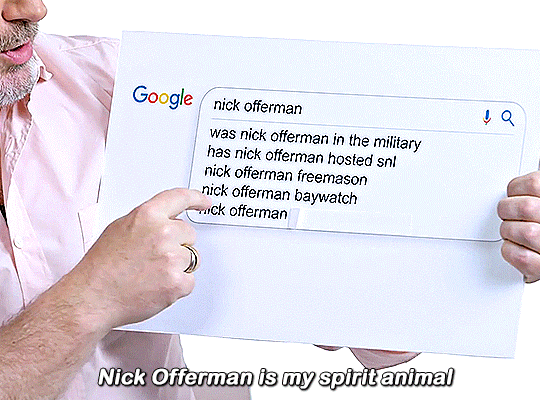
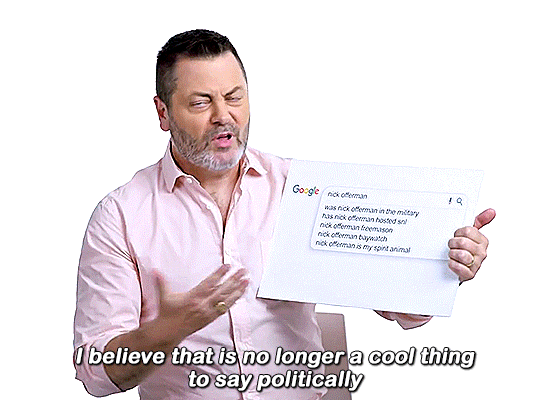
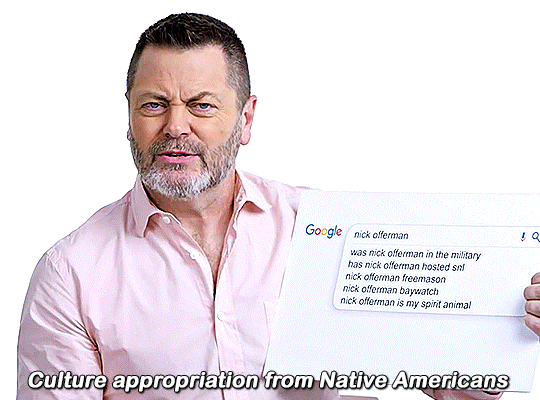
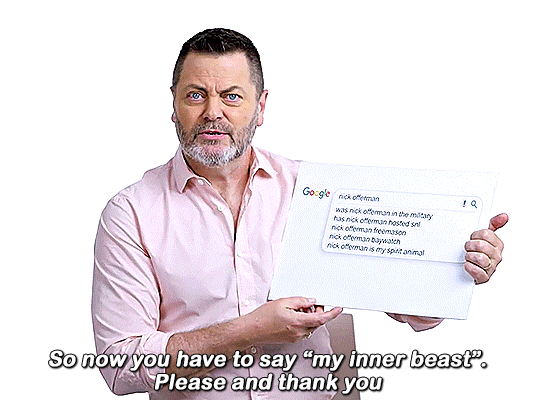

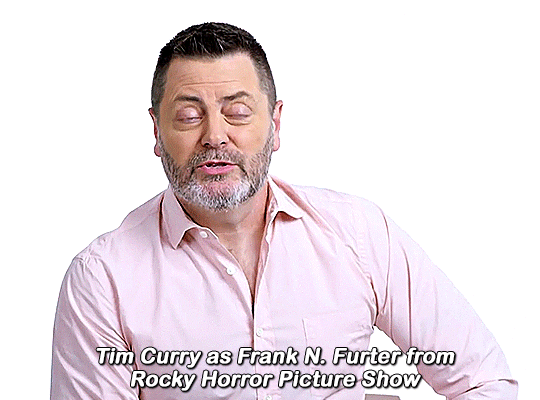
Nick Offerman Answers the Web's Most Searched Questions
–WIRED, 2020
#nick offerman#nickoffermanedit#wired#youtubeedit#mancandykings#menedit#mensource#dilfedit#tlou cast#userives#userlolo#my gifs
135K notes
·
View notes
Text
You know that Neil Gaiman is a great writer and storyteller, because he approaches this question seriously from a logistic, linguistic, and character level
Source
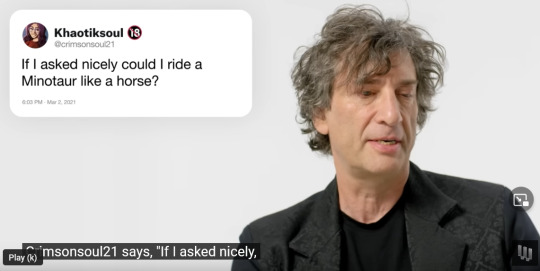
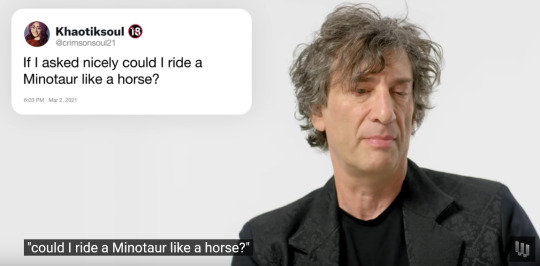
.
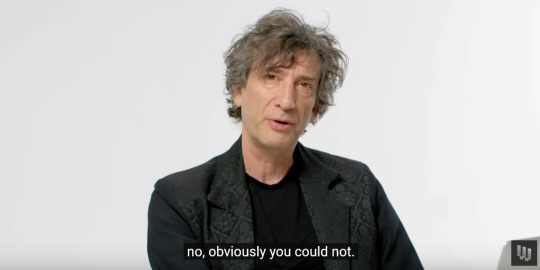
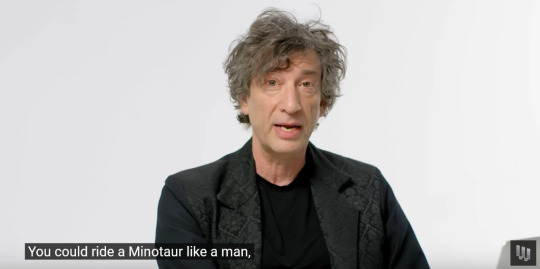

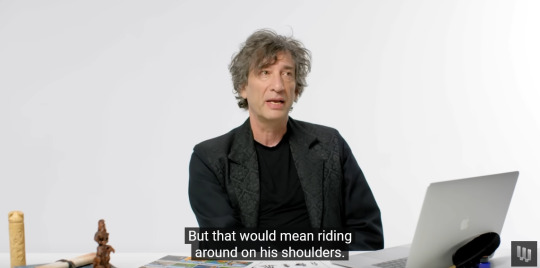
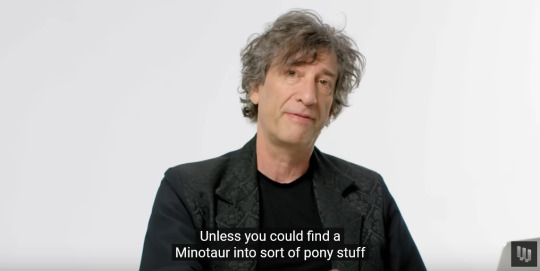
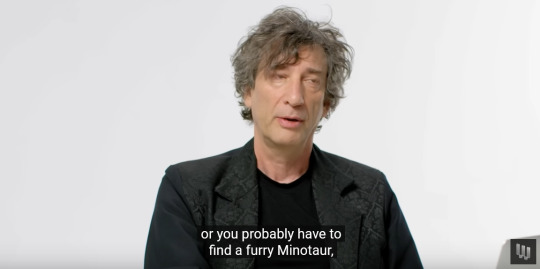
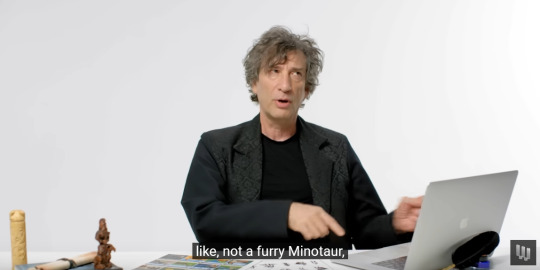
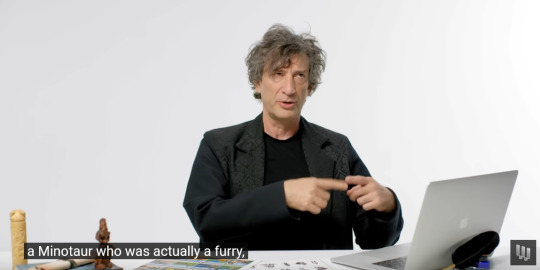
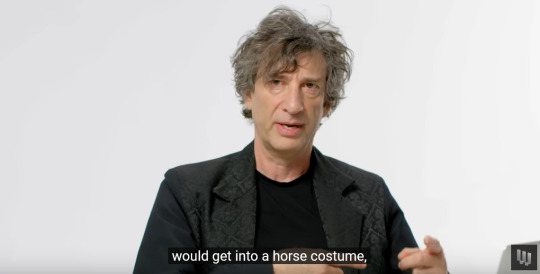
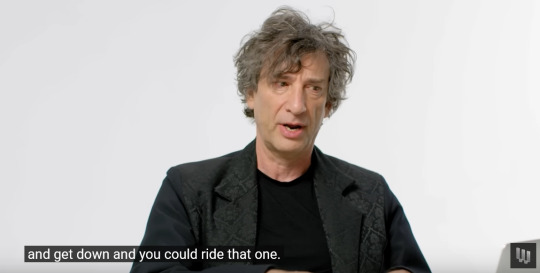
16K notes
·
View notes
Text
How Google’s trial secrecy lets it control the coverage
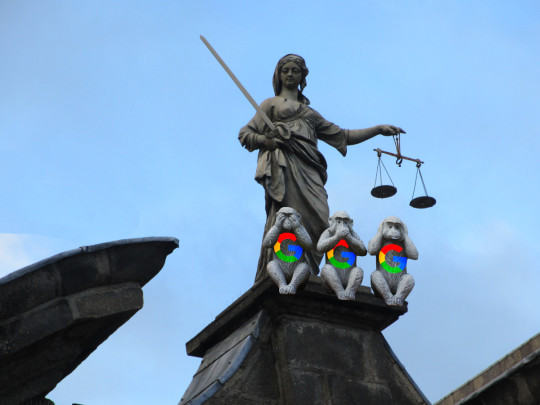
I'm coming to Minneapolis! Oct 15: Presenting The Internet Con at Moon Palace Books. Oct 16: Keynoting the 26th ACM Conference On Computer-Supported Cooperative Work and Social Computing.

"Corporate crime" is practically an oxymoron in America. While it's true that the single most consequential and profligate theft in America is wage theft, its mechanisms are so obscure and, well, dull that it's easy to sell us on the false impression that the real problem is shoplifting:
https://newrepublic.com/post/175343/wage-theft-versus-shoplifting-crime
Corporate crime is often hidden behind Dana Clare's Shield Of Boringness, cloaked in euphemisms like "risk and compliance" or that old favorite, "white collar crime":
https://pluralistic.net/2021/12/07/solar-panel-for-a-sex-machine/#a-single-proposition
And corporate crime has a kind of performative complexity. The crimes come to us wreathed in specialized jargon and technical terminology that make them hard to discern. Which is wild, because corporate crimes occur on a scale that other crimes – even those committed by organized crime – can't hope to match:
https://pluralistic.net/2021/10/12/no-criminals-no-crimes/#get-out-of-jail-free-card
But anything that can't go on forever eventually stops. After decades of official tolerance (and even encouragement), corporate criminals are finally in the crosshairs of federal enforcers. Take National Labor Relations Board general counsel Jennifer Abruzzo's ruling in Cemex: when a company takes an illegal action to affect the outcome of a union election, the consequence is now automatic recognition of the union:
https://pluralistic.net/2023/09/06/goons-ginks-and-company-finks/#if-blood-be-the-price-of-your-cursed-wealth
That's a huge deal. Before, a boss could fire union organizers and intimidate workers, scuttle the union election, and then, months or years later, pay a fine and some back-wages…and the union would be smashed.
The scale of corporate crime is directly proportional to the scale of corporations themselves. Big companies aren't (necessarily) led by worse people, but even small sins committed by the very largest companies can affect millions of lives.
That's why antitrust is so key to fighting corporate crime. To make corporate crimes less harmful, we must keep companies from attaining harmful scale. Big companies aren't just too big to fail and too big to jail – they're also too big for peaceful coexistence with a society of laws.
The revival of antitrust enforcement is such a breath of fresh air, but it's also fighting headwinds. For one thing, there's 40 years of bad precedent from the nightmare years of pro-monopoly Reaganomics to overturn:
https://pluralistic.net/ApexPredator
It's not just precedents in the outcomes of trials, either. Trial procedure has also been remade to favor corporations, with judges helping companies stack the deck in their own favor. The biggest factor here is secrecy: blocking recording devices from courts, refusing to livestream the proceedings, allowing accused corporate criminals to clear the courtroom when their executives take the stand, and redacting or suppressing the exhibits:
https://prospect.org/power/2023-09-27-redacted-case-against-amazon/
When a corporation can hide evidence and testimony from the public and the press, it gains broad latitude to dispute critics, including government enforcers, based on evidence that no one is allowed to see, or, in many cases, even describe. Take Project Nessie, the program that the FTC claims Amazon used to compel third-party sellers to hike prices across many categories of goods:
https://www.wsj.com/business/retail/amazon-used-secret-project-nessie-algorithm-to-raise-prices-6c593706
Amazon told the press that the FTC has "grossly mischaracterize[d]" Project Nessie. The DoJ disagrees, but it can't say why, because the Project Nessie files it based its accusations on have been redacted, at Amazon's insistence. Rather than rebutting Amazon's claim, FTC spokesman Douglas Farrar could only say "We once again call on Amazon to move swiftly to remove the redactions and allow the American public to see the full scope of what we allege are their illegal monopolistic practices."
It's quite a devastating gambit: when critics and prosecutors make specific allegations about corporate crimes, the corporation gets to tell journalists, "No, that's wrong, but you're not allowed to see the reason we say it's wrong."
It's a way to work the refs, to get journalists – or their editors – to wreathe bold claims in endless hedging language, or to avoid reporting on the most shocking allegations altogether. This, in turn, keeps corporate trials out of the public eye, which reassures judges that they can defer to further corporate demands for opacity without facing an outcry.
That's a tactic that serves Google well. When the company was dragged into court by the DoJ Antitrust Division, it demanded – and received – a veil of secrecy that is especially ironic given the company's promise "to organize the world's information and make it universally accessible and useful":
https://usvgoogle.org/trial-update-9-22
While this veil has parted somewhat, it is still intact enough to allow the company to work the refs and kill disfavorable reporting from the trial. Last week, Megan Gray – ex-FTC, ex-DuckDuckGo – published an editorial in Wired reporting on her impression of an explosive moment in the Google trial:
https://pluralistic.net/2023/10/03/not-feeling-lucky/#fundamental-laws-of-economics
According to Gray, Google had run a program to mess with the "semantic matching" on queries, silently appending terms to users' searches that caused them to return more ads – and worse results. This generated more revenue for Google, at the expense of advertisers who got billed to serve ads that didn't even match user queries.
Google forcefully disputed this claim:
https://twitter.com/searchliaison/status/1709726778170786297
They contacted Gray's editors at Wired, but declined to release all the exhibits and testimony that Gray used to form her conclusions about Google's conduct; instead, they provided a subset of the relevant materials, which cast doubt on Gray's accusations.
Wired removed Gray's piece, with an unsigned notice that "WIRED editorial leadership has determined that the story does not meet our editorial standards. It has been removed":
https://www.wired.com/story/google-antitrust-lawsuit-search-results/
But Gray stands by her piece. She admits that she might have gotten some of the fine details wrong, but that these were not material to the overall point of her story, that Google manipulated search queries to serve more ads at the expense of the quality of the results:
https://twitter.com/megangrA/status/1711035354134794529
She says that the piece could and should have been amended to reflect these fine-grained corrections, but that in the absence of a full record of the testimony and exhibits, it was impossible for her to prove to her editors that her piece was substantively correct.
I reviewed the limited evidence that Google permitted to be released and I find her defense compelling. Perhaps you don't. But the only way we can factually resolve this dispute is for Google to release the materials that they claim will exonerate them. And they won't, though this is fully within their power.
I've seen this playbook before. During the early months of the pandemic, a billionaire who owned a notorious cyberwarfare company used UK libel threats to erase this fact from the internet – including my own reporting – on the grounds that the underlying research made small, non-material errors in characterizing a hellishly complex financial Rube Goldberg machine that was, in my opinion, deliberately designed to confuse investigators.
Like the corporate crimes revealed in the Panama Papers and Paradise Papers, the gambit is complicated, but it's not sophisticated:
Make everything as complicated as possible;
Make everything as secret as possible;
Dismiss any accusations by claiming errors in the account of the deliberately complex arrangements, which can't be rectified because the relevant materials are a secret.

If you'd like an essay-formatted version of this post to read or share, here's a link to it on pluralistic.net, my surveillance-free, ad-free, tracker-free blog:
https://pluralistic.net/2023/10/09/working-the-refs/#but-id-have-to-kill-you

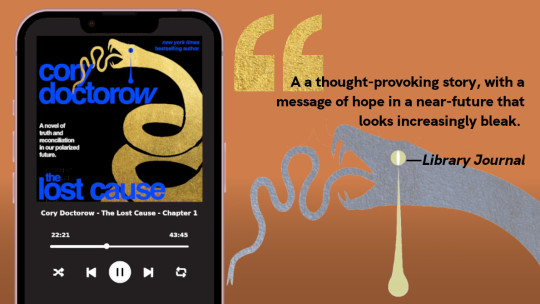
My next novel is The Lost Cause, a hopeful novel of the climate emergency. Amazon won't sell the audiobook, so I made my own and I'm pre-selling it on Kickstarter!

Image:
Jason Rosenberg (modified)
https://www.flickr.com/photos/underpants/12069086054/
CC BY
https://creativecommons.org/licenses/by/2.0/
--
Japanexperterna.se (modified)
https://www.flickr.com/photos/japanexperterna/15251188384/
CC BY-SA 2.0:
https://creativecommons.org/licenses/by-sa/2.0/
#pluralistic#secrecy#opacity#google#antitrust#trustbusting#wired#working the refs#megan grey#semantic matching
2K notes
·
View notes
Text

by
妹様
720 notes
·
View notes
Text
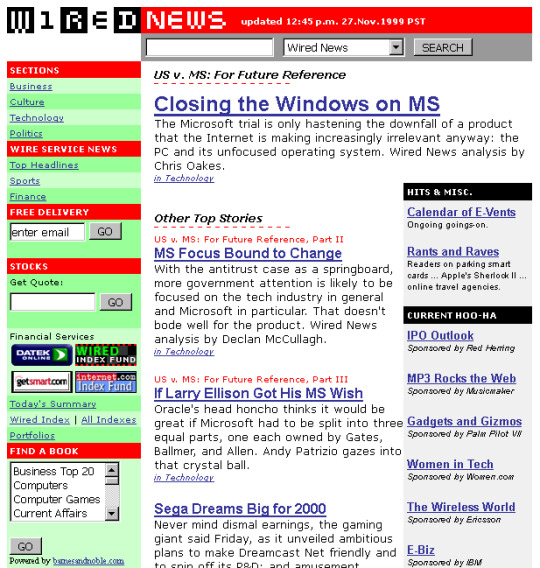
wired.com/news - November 1999
539 notes
·
View notes
Text

#my post#webcore#techcore#old tech#crt#retro tech#web#crt monitor#old computers#retro computing#gnu/linux#wired
797 notes
·
View notes
Text

Glitchtober - Day 4 - Fortress
#glitchtober#glitchtober2023#glitch#glitchart#internetcore#processing#postglitch#databending#generative#genart#glitch art#glitch aesthetic#glitchcore#techcore#cybercore#generative art#artists on tumblr#digital art#web art#wired#wiredcore#occult#scifi#datamosh#datamoshing#net art#digital#realmcore#analog#flashing
498 notes
·
View notes
Text
Marisha "Calamity" Ray
She's the moment




#critical role#marisha ray#laura bailey#ashley johnson#cr 3#matt mercer#liam o'brien#sam riegel#travis willingham#taliesin jaffe#pop pop#cr campaign 3#wired
759 notes
·
View notes
Text

enter the wired
#digital art#digital illustration#artists on tumblr#fanart#aesthetic#my artwork#comics#lain#serial experiments lain#lain iwakura#lets all love lain#laincore#wired#furry#90 anime
318 notes
·
View notes
Text
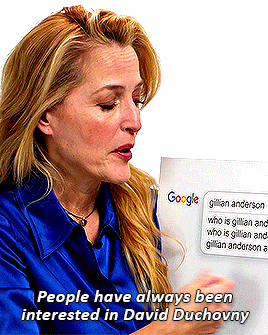
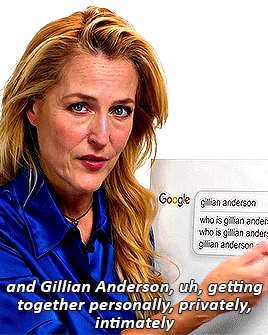
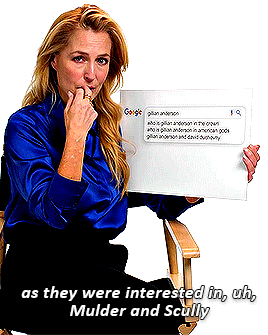
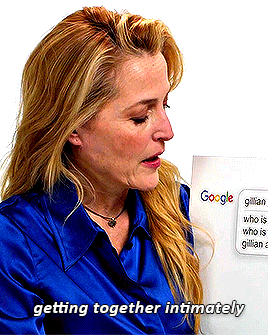
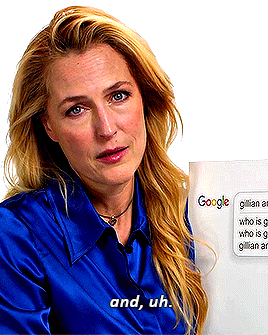

interview question: david duchovny?
gillian anderson: uhhh, 🖕🏼, well, 🖕🏼, yeah, 🖕🏼 (x)
106 notes
·
View notes
Text
Tumblr: I wrote about Tumblr. 🥰 Specifically, last week's Big Announcement, and the ways both internet commentary and the site's current ownership have misunderstood the site in recent years.
This strange gap between the broader internet’s perception of the site and the reality—despite clear evidence to the contrary—isn’t necessarily a problem. I’m a firm believer that our social media spaces would be better if they were less broad. I don’t want everyone to use Tumblr; I want it to work for the people who want to be there.
5K notes
·
View notes
Text


A redraw lol
172 notes
·
View notes
Text
if internet comments on cookbooks were like the ones on D&D books
https://www.wired.com/2008/06/alttext-0618/
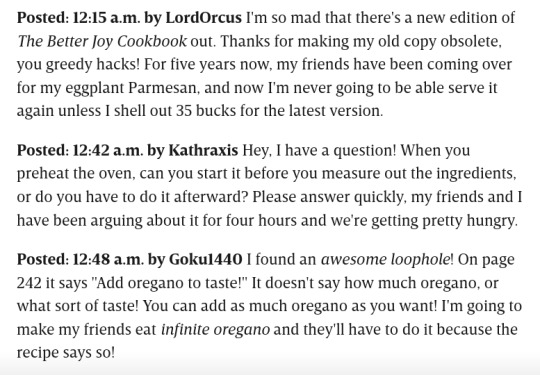
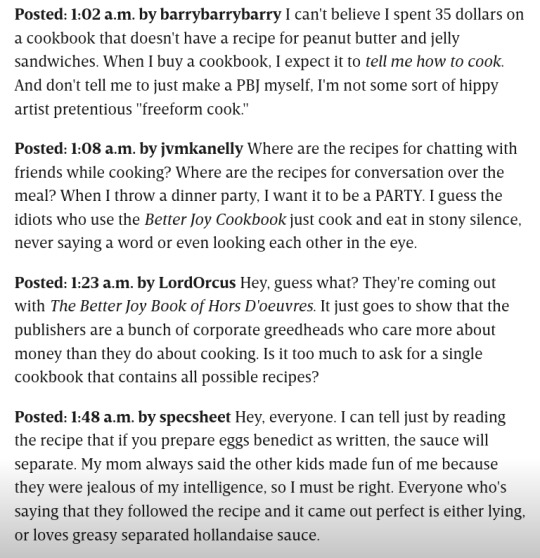
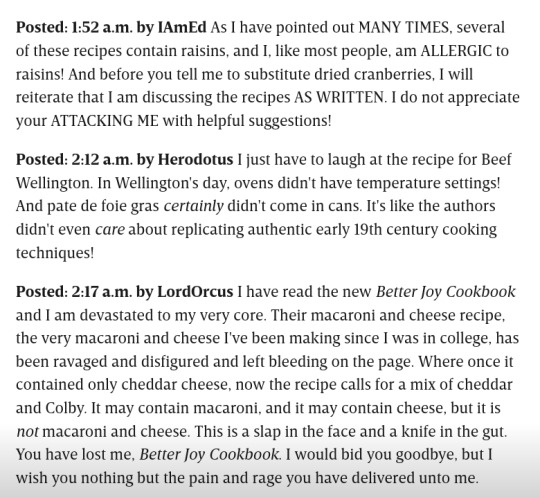
Source: https://www.wired.com/2008/06/alttext-0618/, which I found out about from https://twitter.com/mxdshipwreck/status/1669480866891051008
#rpg#ttrpg#roleplaying#roleplaying game#tabletop rpg#tabletop roleplaying#tabletop role-playing game#d&d#dnd#dungeons and dragons#dnd memes#d&d memes#wired#infinite oregano
424 notes
·
View notes
Text
Here’s Taika Waititi with some inspiration for your Tuesday.
3K notes
·
View notes
Text

by Artgerm
569 notes
·
View notes
Text

_scratch_scratch_
284 notes
·
View notes